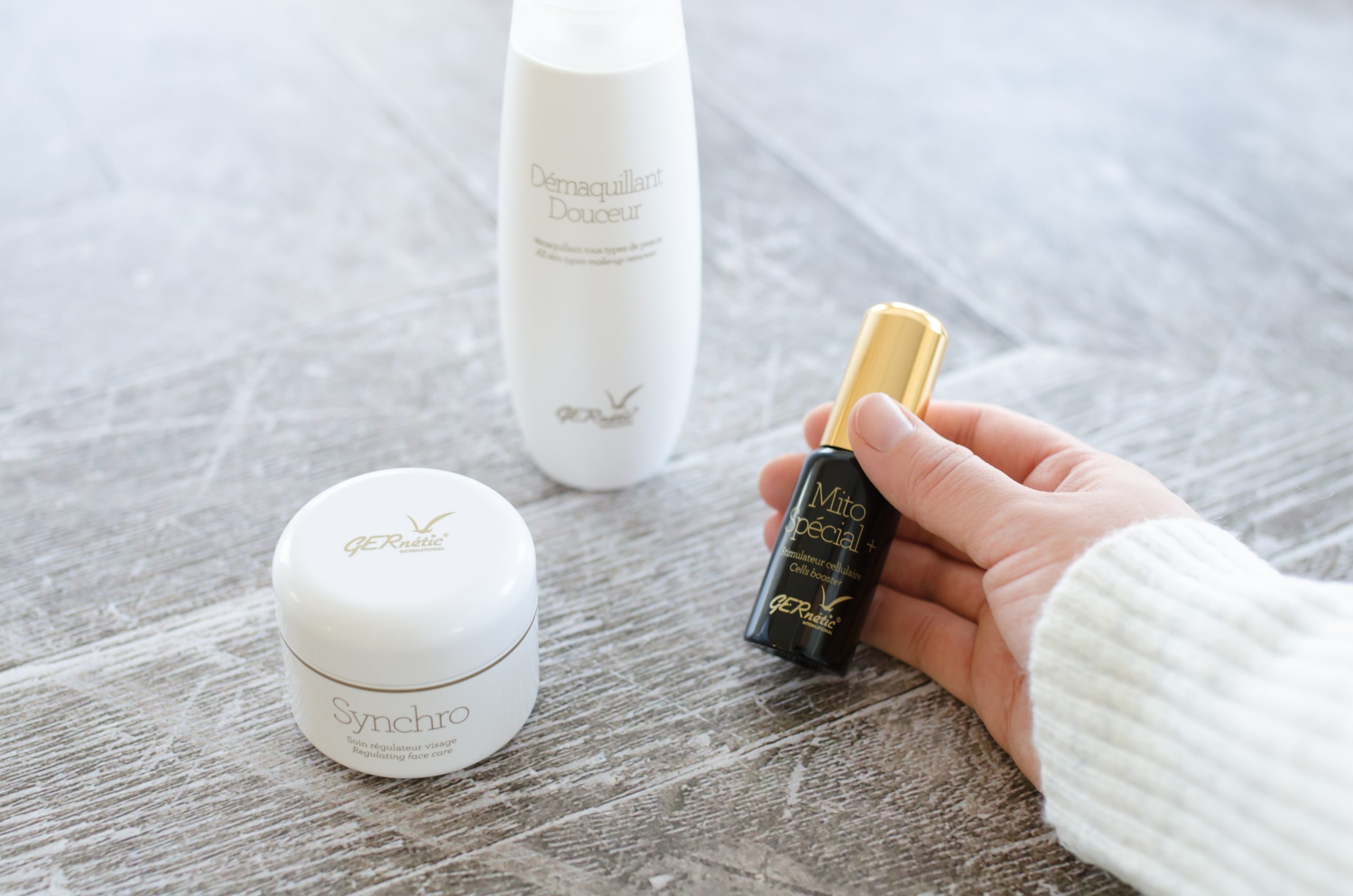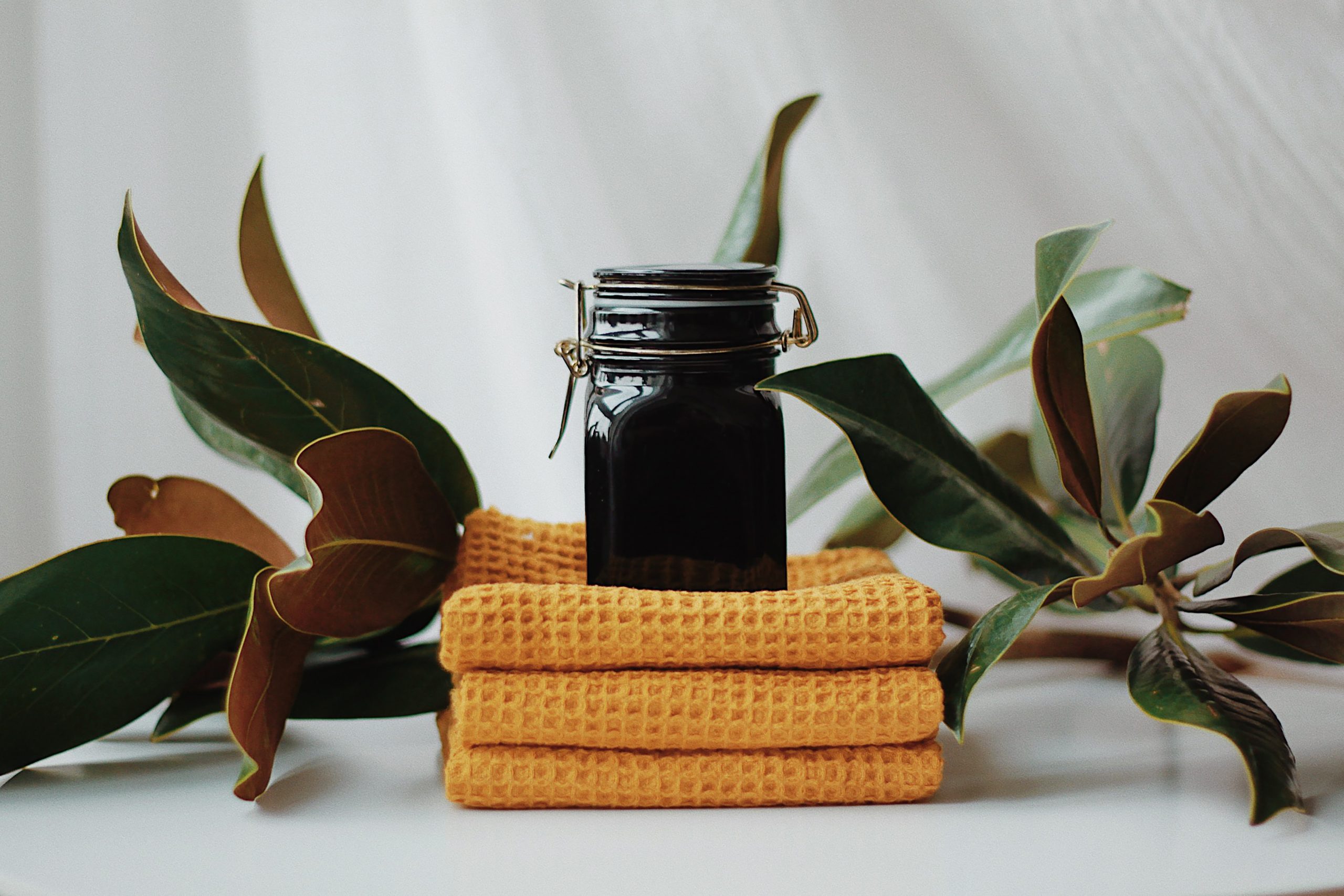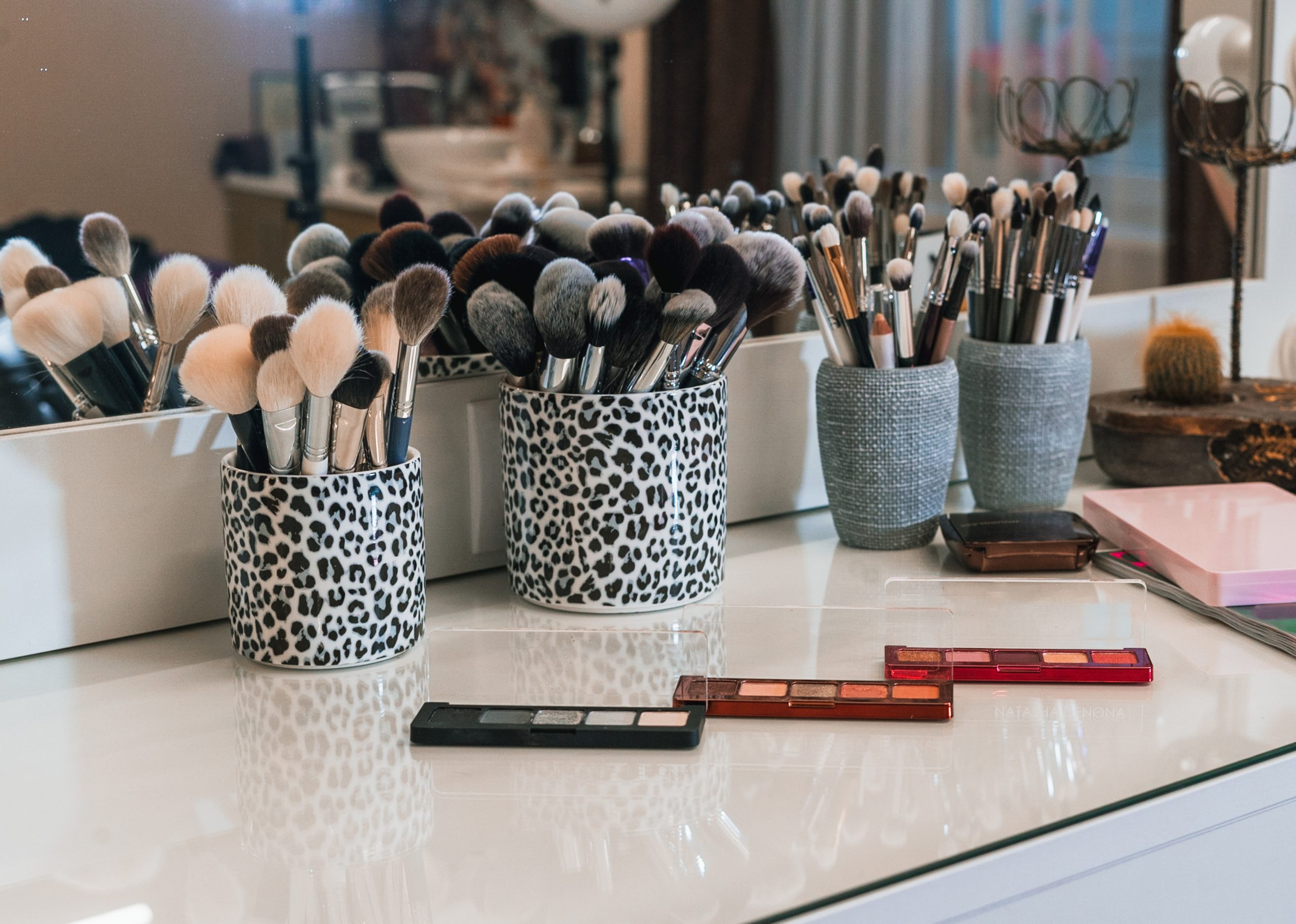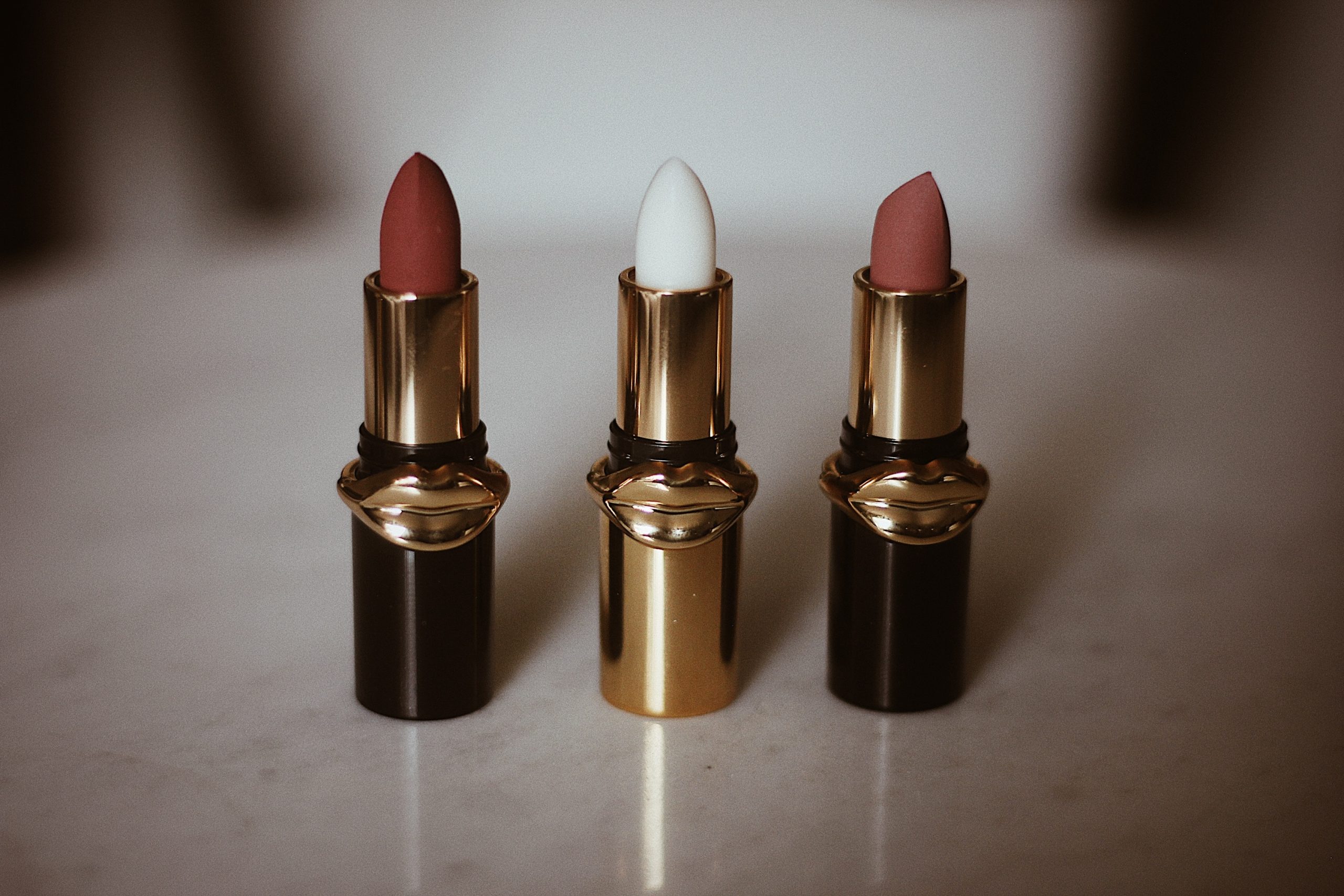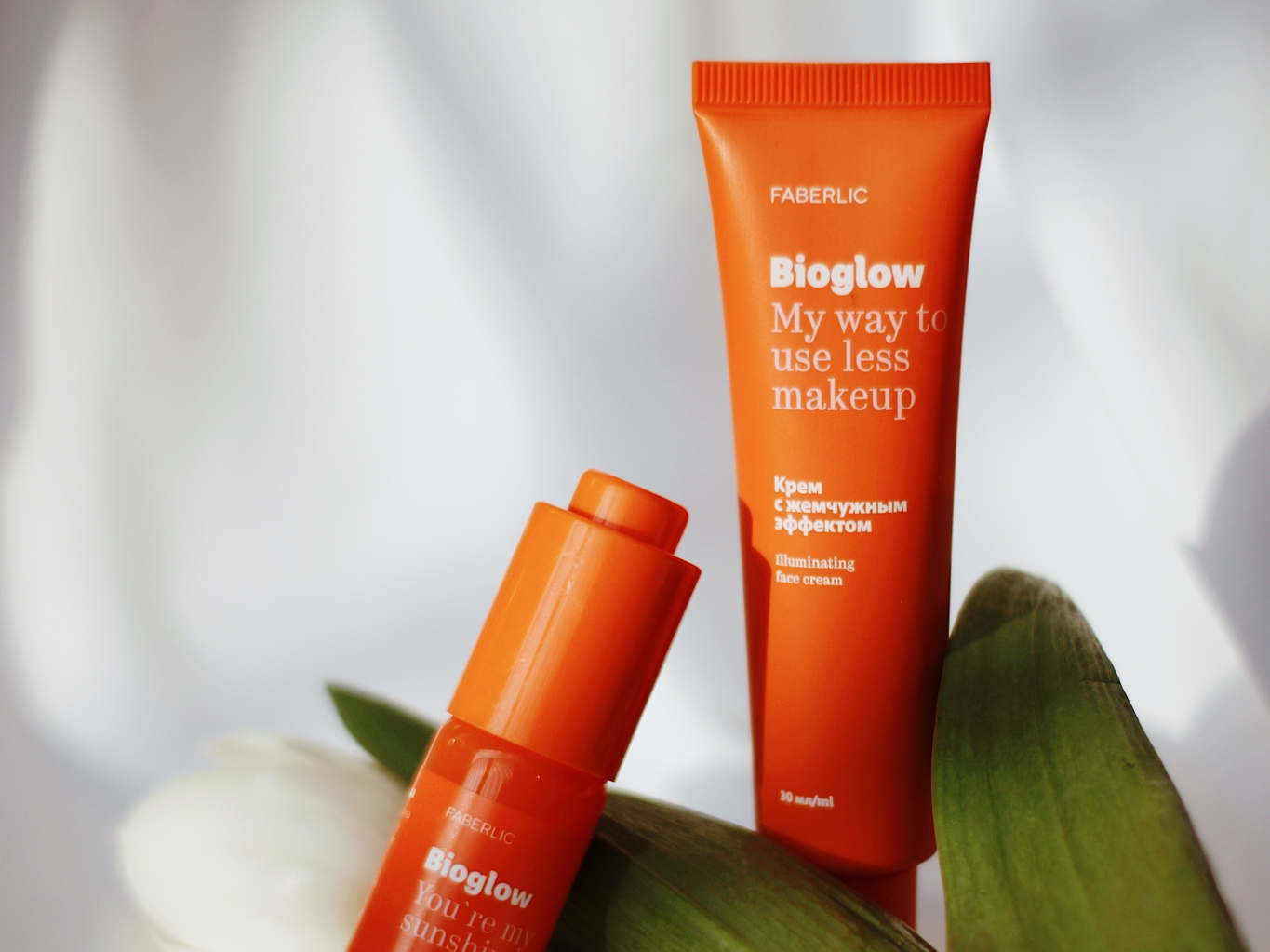Sleep is something we rarely think about. It is a time full of dreaming, regaining energy and allowing our body to heal. When one cannot get enough sleep every night, their systems aren’t able to fully regenerate, leading to terrible side effects. Read on to learn more about how to sleep better.
When your insomnia is getting the best of you, try a cup of warm milk. Although many people think this is just an old wives tale, there’s really some science behind it. Warm milk actually soothes your nervous system, making sleep come more easily. Just pop a mug in the microwave for a minute or so and sleep should soon follow.
Avoid alcohol, caffeine, sugar and nicotine. These stimulants may be effective in keeping you awake during the day but they are also making it difficult for you to sleep at night. Limit their consumption throughout the day. Do not take any stimulants at least four hours before going to bed for the night.
Have a bedtime ritual. Let your body know that sleeping is coming by doing the same things every night. For example, you might try having a hot bath, hot tea and reading in bed for about half an hour. This practice will be more effective if you are consistent, so keep it up.
If you want to sleep well, make sure your bedroom is a place of rest. Light and noise should be reduced to make it easier to go to sleep. Avoid an alarm clock with a display that is too bright. Make sure your mattress is firm and provides a good sleeping surface.
Give yourself a good 30 minutes of trying to fall asleep, before automatically concluding that you’re in for a night of insomnia. It may take a full half an hour before your body is ready for snoozing, and if you so much as think the word “insomnia” you could set yourself up for it!
Talk to your doctor prior to using any over the counter drugs. This is very true if you need to use it a long time. It might be safe for occasional use, but could pose problems on your body after extended use.
Keep any activity that’s stimulating out of your night time regimen. Watching television, arguing or even playing video games work to stimulate the brain. It is much harder to fall asleep when you are stimulated. Do relaxing things right before bed instead.
Examine your bed. Do you find your sheets uncomfortable? Are your pillows giving you proper support? Do you have an old or saggy mattress that’s not comfortable? Then it may be time to get a new mattress or new bedding. This can help you be more relaxed and help you go to sleep.
Take note of what medications you on. Certain medicines can interfere with sleep. Examples include anti-depressants like Zoloft and Prozac. Blood pressure medicines can also have an adverse effect on sleep. Write down all your medications and ask your doctor if one of them could be causing you sleepless nights.
Use your bed for sleeping and not much else. If you get in the habit of watching television or reading in bed, for example, your brain will not associate your bed with sleeping. This will make it more difficult to wind down in the evenings and could possibly exacerbate your insomnia.
Do not spend ten hours sleeping. There is no way to catch up on lost sleep. Only sleep the number of hours that you need to feel refreshed. If you sleep more than that, you may actually be causing yourself problems for the next night of sleep. Set an alarm if you need to.
To teach your brain that bed means sleep, you shouldn’t do anything else there. If you watch television, do work, read a book or fool around, your mind will think that bed is a time for stimulation. Use it for sleeping only and your brain will learn that rest comes when you lie down.
Do not reach for the wine or beer before bed. You might notice that it does help you feel sleepy, but the sleep that follows a few drinks is usually fragmented and not refreshing. Stop drinking at least 4 hours before bed to prevent issues sleeping caused by the alcohol.
Certain folks just have a tough time getting to sleep. Give a stomach rub a try if you’re having trouble going to sleep at the proper time. Rubbing your stomach will calm down your digestion and make your whole body feel more relaxed. Some people think losing weight can boost their digestive system’s productivity.
Research shows that getting plenty of natural light during the day helps you sleep better at night. Instead of staying in the office at lunch, eat outside. Don’t wear sunglasses. Keep the windows open in your office, letting the light hit your face. You can even buy a light box if you live in a place that gets little light in the winter.
When it is time for bed, avoid using your mobile phone as an alarm clock. This is because people may call and interrupt you while you are trying to sleep. Even if it seems like an inconvenience, you should purchase a dedicated alarm clock and use this to get you up.
A better sleep is the dream of anyone who suffers from insomnia. To attain this goal, all you have to do is take the time to learn as much as you can from those in the know. That begins with this article and ends with relief from your disabling condition.
